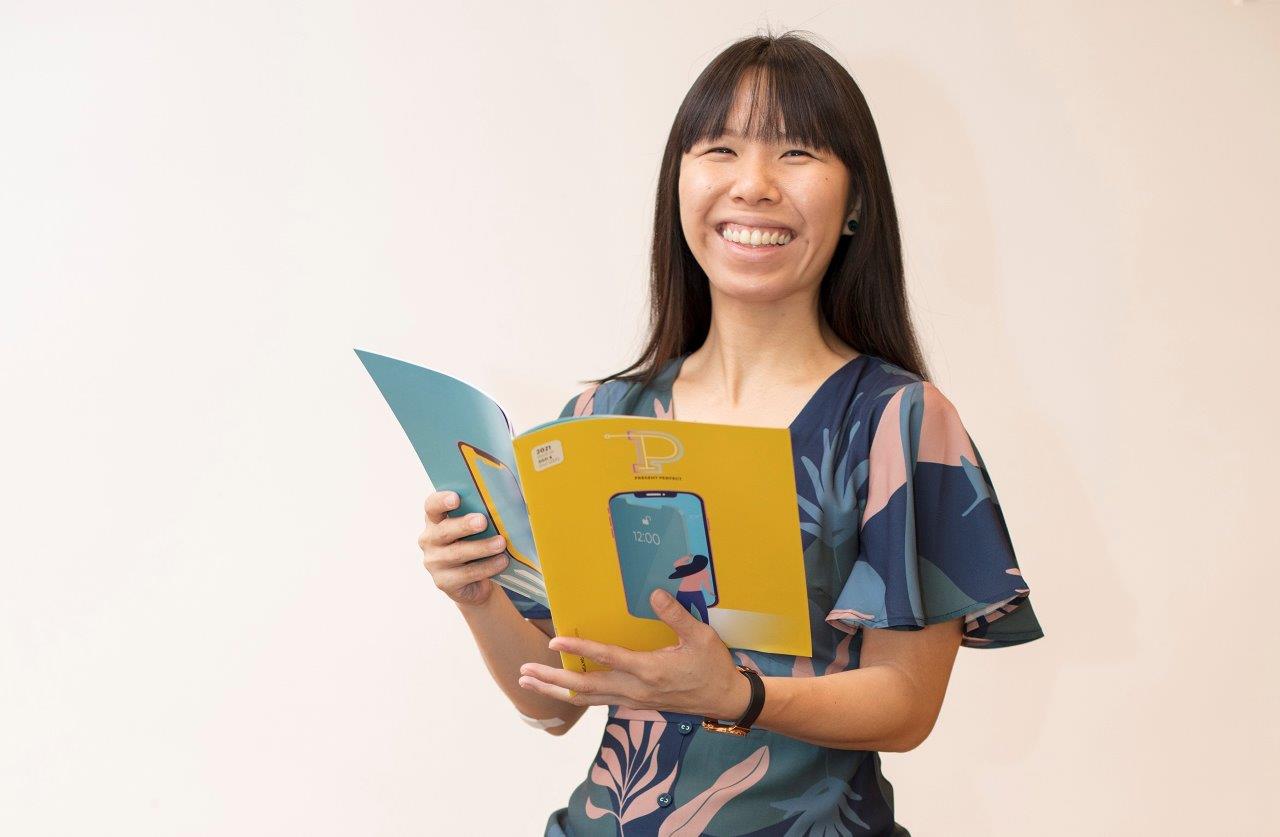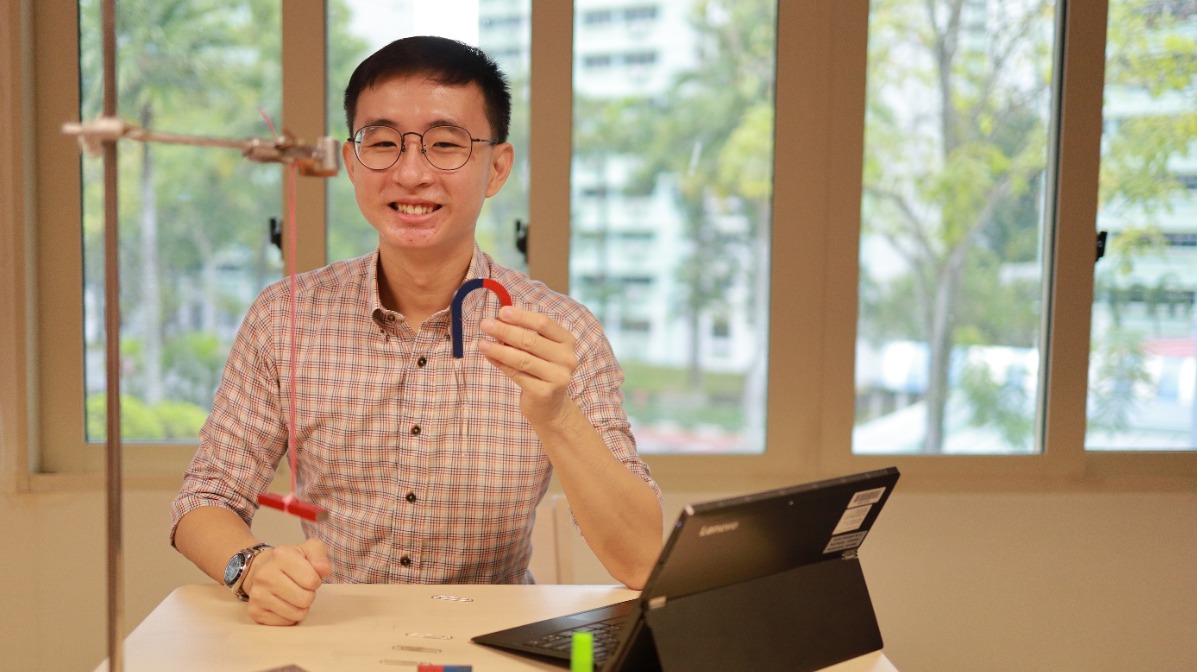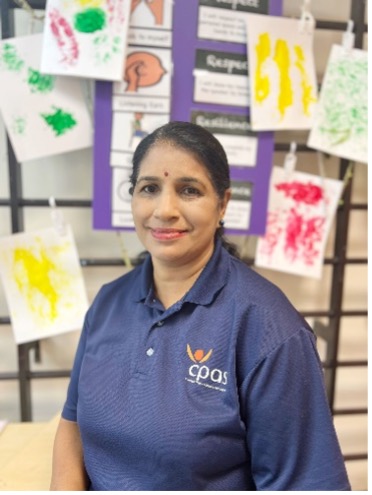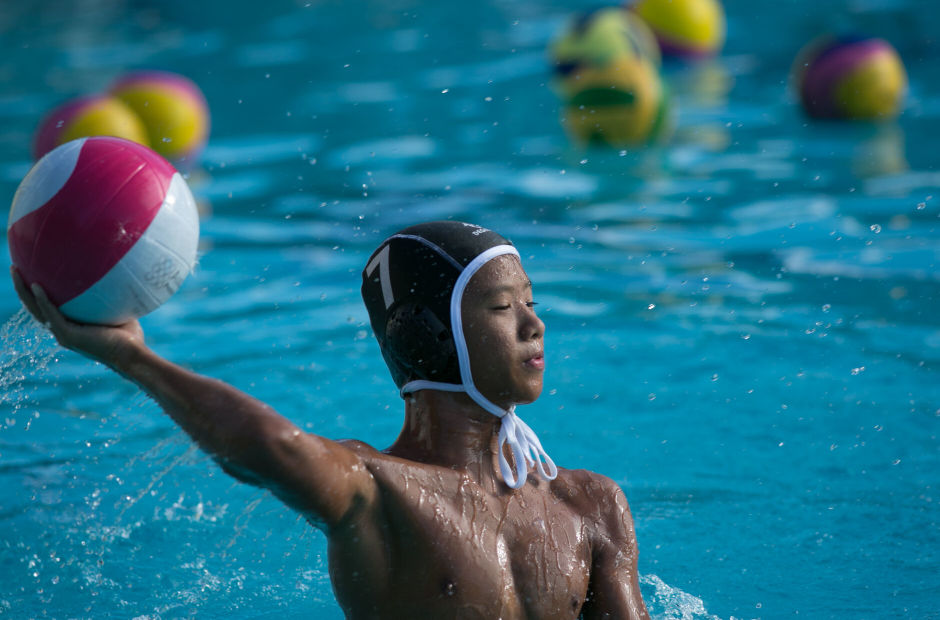Moritza Lim Fang Min, Serangoon Secondary School, Outstanding Youth in Education Award 2021 Recipient
Fifteen minutes into my English lesson, one of my students is still ploughing through his bag and the stack of papers under his desk to look for his worksheets. “Are you okay?” I ask gently. He scratches his head and replies, “’Cher, I can’t find my practice paper.” I smile and assign the class some questions to work on, before turning back to the boy, saying half in jest, “Come, let’s sort out your life together.”
The Power to Enable Students
Many of my students have weak family support. Doing well in school is a challenge for them; it may not even be a priority if they are overwhelmed by other issues going on in their life. For these students, I rely on the strong relationships I have built with them and their parents to explain the importance of attendance, and if need be, to call my students in the morning to wake them up for school.
I once had a student who struggled to keep awake in class because her parents had quarrelled the previous night and she had slept in the kitchen. Another student ran away from home after a quarrel with her parents and slept at a nearby carpark. Such instances taught me not to approach a student with my own assumptions. Instead of immediately scolding students for sleeping in class, I would tap gently on their tables, and ask if they needed to go and wash their faces. I would try to find out if there was any matter of concern and how I could help.
Best-selling author and parenting expert Barbara Coloroso once said: “If kids come to us from strong, healthy functioning families, it makes our job easier. If they do not, it makes our job more important.” I strongly believe that being an educator is about having the enabling power to support students and creating opportunities for them to learn, enjoy and achieve.
Creating Platforms for Students’ Voices
Despite COVID-19 and the limitations posed by the Safe Management Measures, I was determined to find ways for students to remain connected, and for their voices to be heard. One way I did this was to record a Student Interview Talk Show with Secondary 3 and 4 students via Zoom. The interviewees shared their experience with their Secondary 2 juniors about selecting their subject combinations. This initiative was well-received by the students and many of my colleagues.
I deliberately involved students from a range of academic streams and classes to participate in this Talk Show. There were no selection criteria for the Talk Show except for the willingness to share. This gave a wider group of students a chance to shine and contribute to the school while also equipping them with interview skills. It was heartening to hear the students share the reasons for their interest in their subjects, their aspirations for the future, and the authentic advice they gave to their juniors.
Last year, I also mobilised my Secondary 2NT form class to give back to the community during the period of COVID-19. To honour essential workers, we designed, packed and distributed care packs to appreciate SG Bus Captains. Each care pack contained a healthy snack bar, a bottle of sanitiser, face masks, and a handwritten encouragement note. I asked each student to give out his or her care pack to a bus driver on the way home. They were initially apprehensive and afraid of rejection. Some even thought of it as embarrassing as other students at the bus stop were watching. Nonetheless, they all rose to the challenge and their little act of kindness brought smiles to this group of essential workers. It was one of my proudest moments as an educator.
Supporting Students’ Well-Being
In my time as a teacher, I have gained valuable insights into the range of social-emotional, discipline and cyber issues that students face in today’s world. Mental health issues are an increasingly pressing concern, aggravated by COVID-19. When I was offered the role of overseeing student well-being, I was excited to see what more I could do.
I recalled a Secondary 4 student in my English class who has special educational needs. During his graduation ceremony, I saw his classmates going around happily taking photos with one another on their mobile phones but this student stood awkwardly in a corner, isolated. I was saddened by the fact that he had spent four years with his peers in the same class, but he was not able to establish stable friendships with them.
I walked over to this boy and asked if he would like to take a photo with me. He smiled shyly and proudly held up an encouragement note I had given to him. This reminded me of the power educators have in uplifting their students. This boy would go on to do well in his O-Level examinations and to pursue his dream diploma course in media, arts and design.
In my current role of Subject Head, Student Well-Being, I train my school’s Peer Support Leaders in peer helping and peer influencing skills. I also create opportunities for them to practise their skills. When I found out that a particular student started having panic attacks, I asked the Peer Support Leader in this student’s class to share some calming strategies and breathing techniques. When students look out for each other and offer help, it strengthens the support networks in the school.
As educators, we really do wield the power to make a difference in the lives of our students. My school’s philosophy resonates with my own – may we constantly reflect on our beliefs and harness that power to uplift our students, for the growth of self and the good of others!






